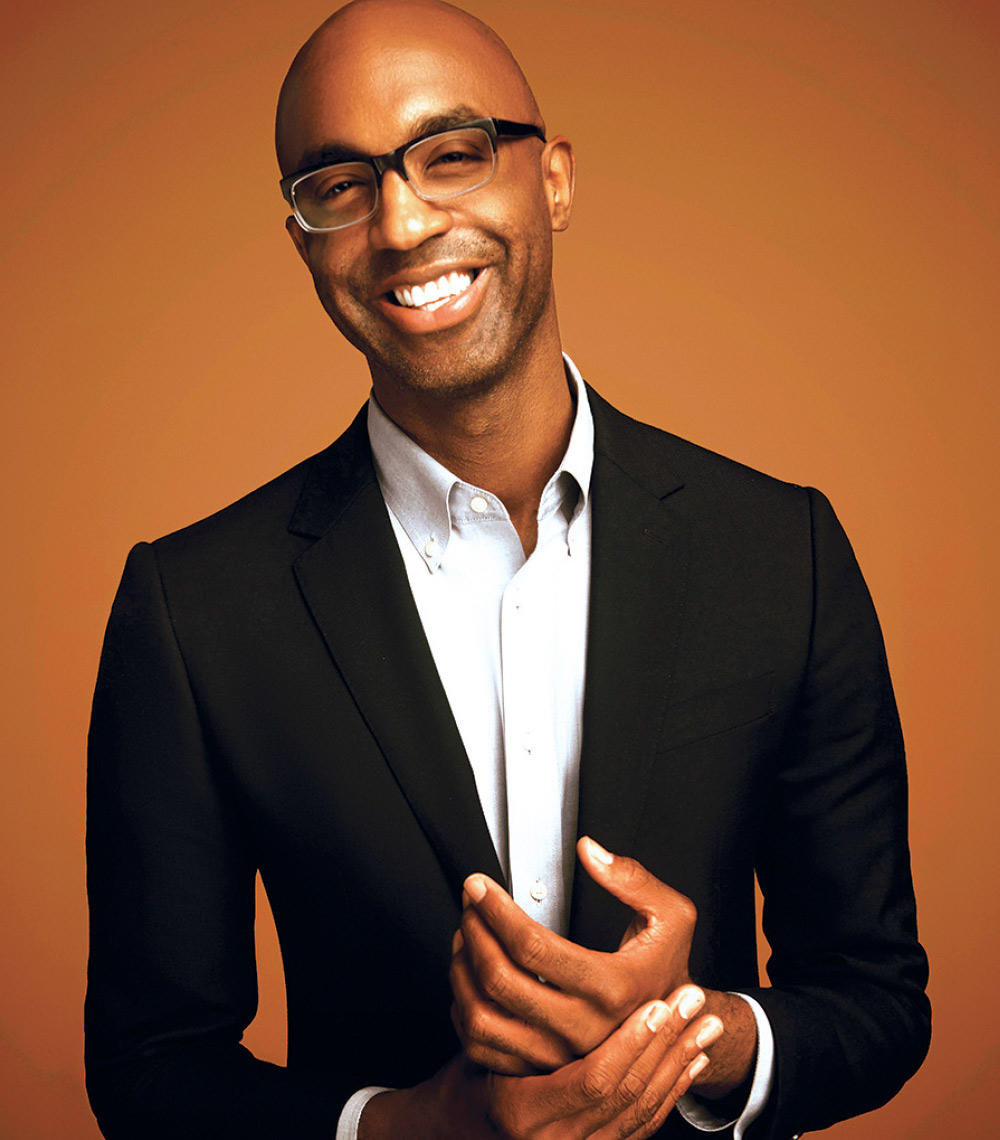
A Historical Moment
Why is this transition significant for Black Studies at Swarthmore?
Department status strengthens our foundation for growth. It will provide greater governance over our curriculum, leading to more coherence for students. It also allows us to compete for tenure-track faculty positions. In the past, our faculty had primary appointments in other departments and were essentially volunteering their time to Black Studies — a lovely demonstration of their commitment to Black Studies at the College. With more faculty dedicated to Black Studies, we can enhance our programming, course offerings, and experiential learning opportunities. The milestone also aligns with broader trends in academia: Institutions like the University of Chicago and Northwestern recently underwent similar transitions.
What are your hopes for the department?
It feels like the beginning of a new era, and we really want to harness the moment. We strive to have tailored opportunities for students, offering a rigorous and coherent curriculum to address the pressing questions of our time. We’ve already applied for an additional tenure-track position to ensure the department has sustainable staffing. Another priority is building an endowment to support the department long term, and working with Admissions to create a pipeline for students passionate about Black Studies — ensuring they see Swarthmore as a place where their interests will thrive.
How do you think about this achievement within the context of modern-day America?
With the state of the world right now, race relations should be on the forefront of people’s minds. And so we’re going to need a new generation of scholars that are steeped in African American history and culture and the African diaspora to help pave the way for best solutions to these entrenched racial problems in our society. It comes on the heels of an upsurge in a racial injustice. I think we’re in an optimal moment for it.
How do you view your role as department chair?
I’m intent on establishing a strong foundation for the department. The goal is to hand over a well-established department to the next generation of faculty, so they can focus on a vision for the future rather than institutional hurdles. Beyond that, I had a grandmother who always shared with me, “Never leave a place the same.” And that’s what’s been driving this shared pursuit of Black Studies becoming a department and a major. It’s a commitment to my students, my colleagues, and the field to take this important next step.
Any events planned for this year?
We’re planning a celebration for May 2, the last day of spring classes. We’re inviting Black Studies faculty, retired professors, chairs of similar departments at peer institutions, and alumni who have made contributions to Black Studies for a panel discussion. President Valerie Smith, who led the charge for African American studies at Princeton, will also be featured. We’re reaching out to the authors of Seven Sisters and a Brother, the students who staged the 1969 sit-in, and they plan to attend the celebration. This celebration is not just about what we’ve achieved — it’s about recognizing the contributions of those who came before us.